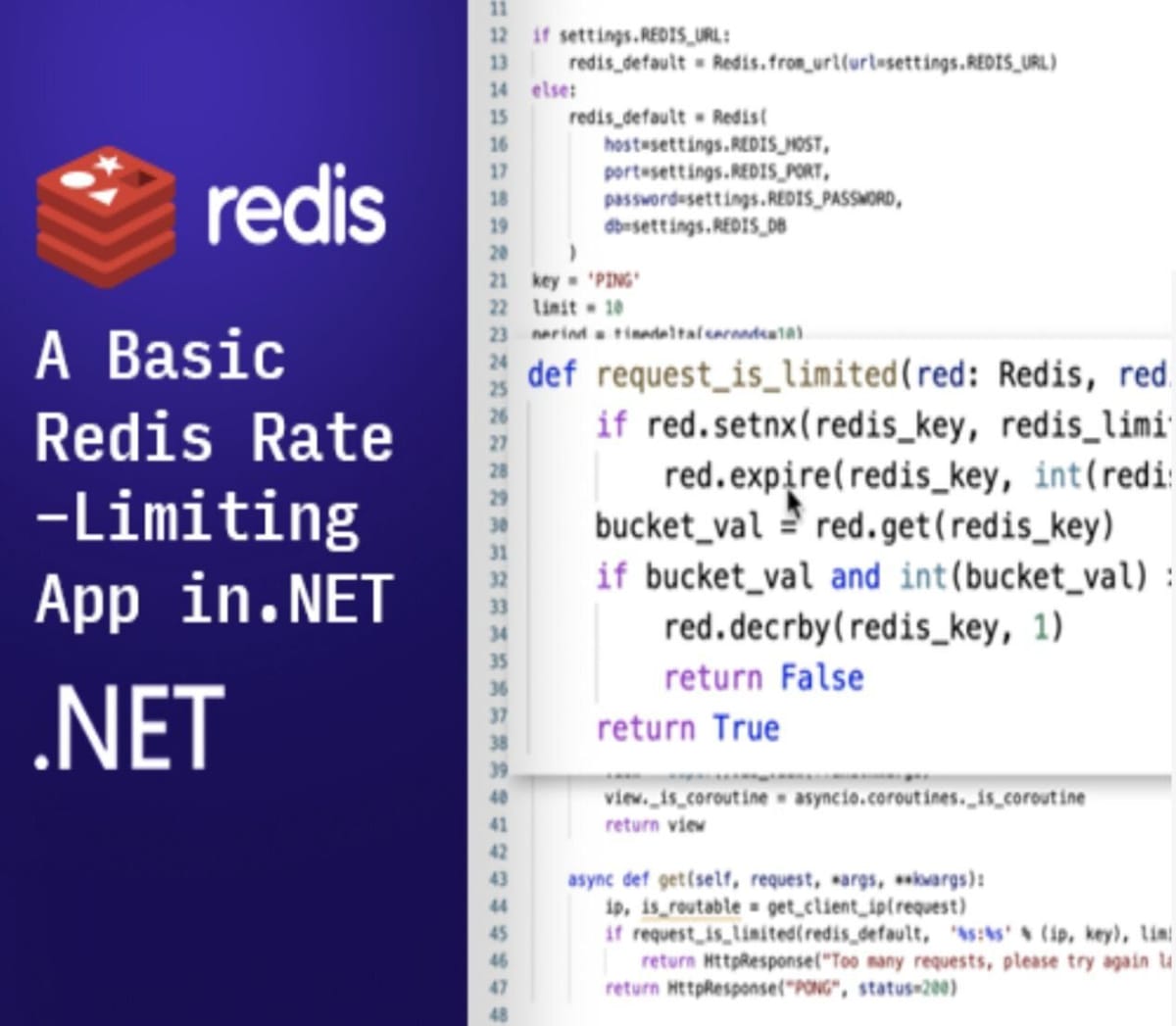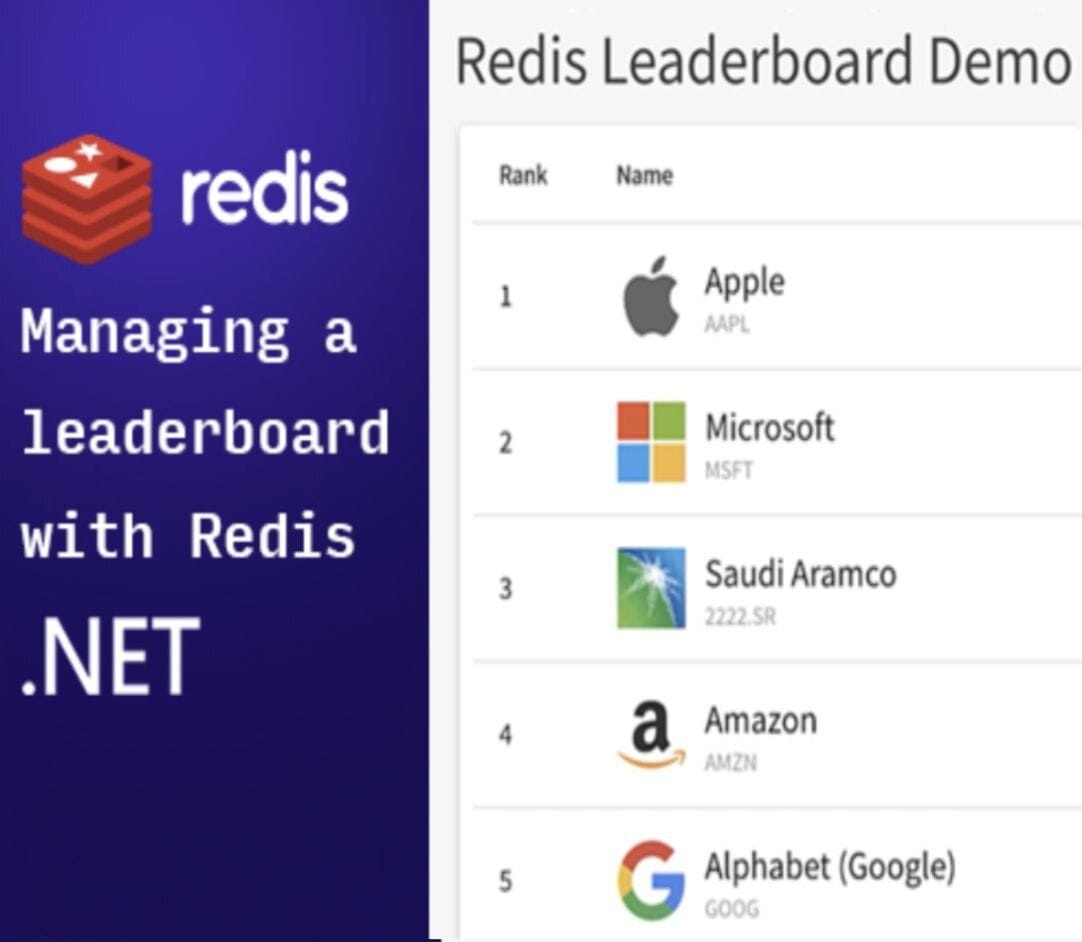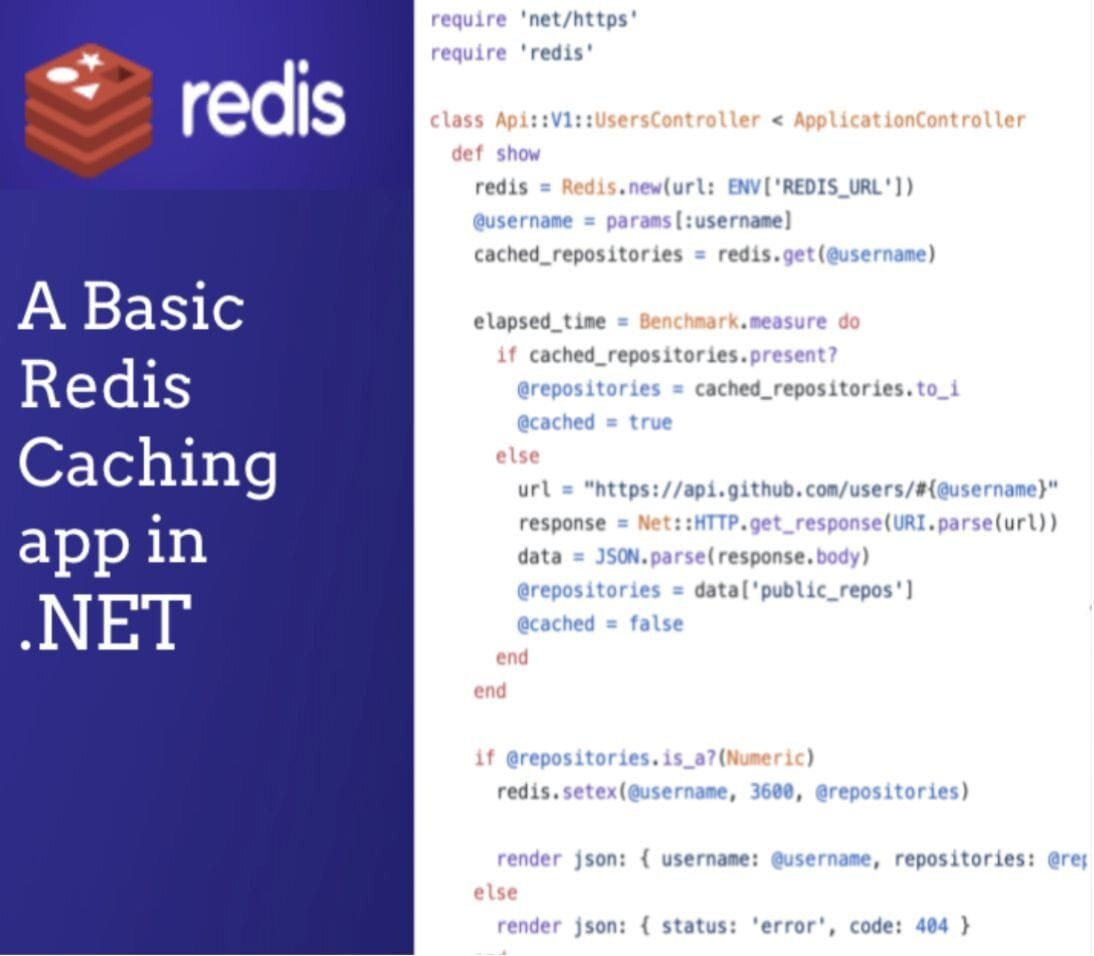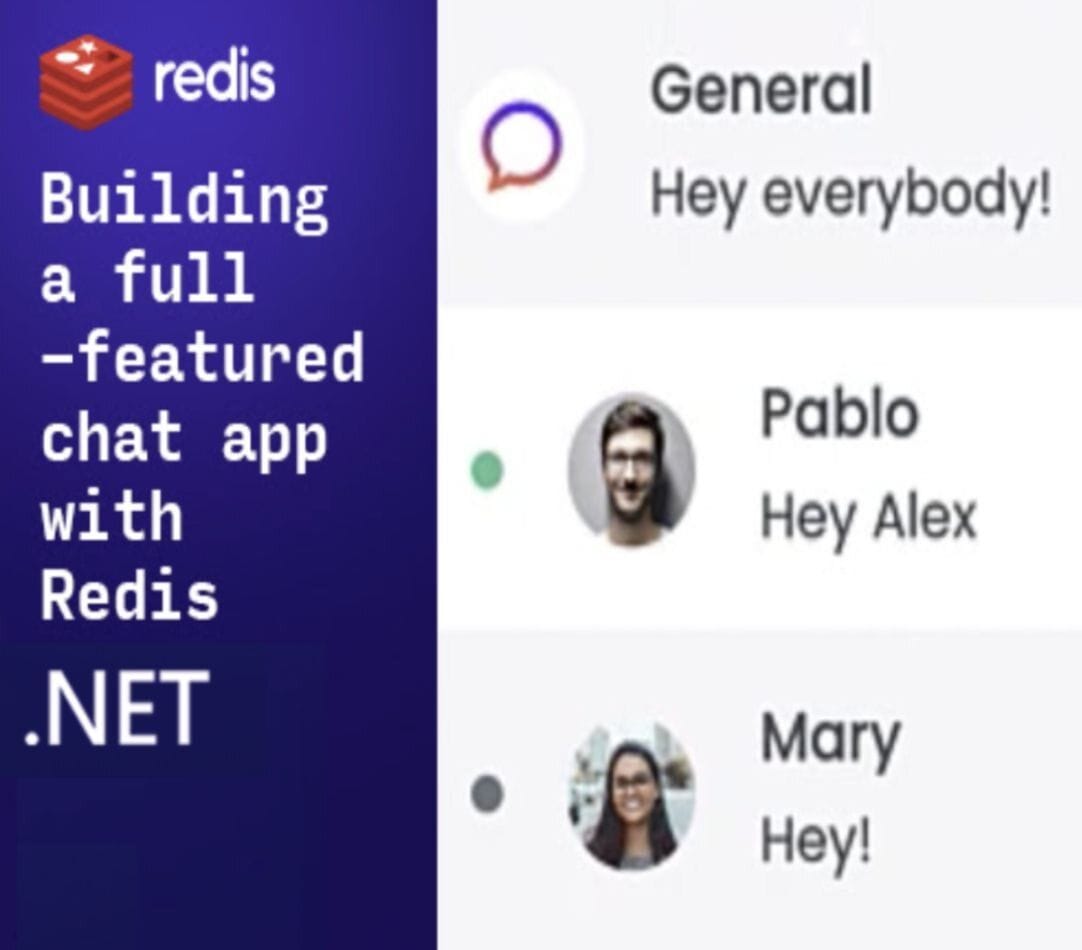For developers.NET and Redis



#Getting Started
The .NET Community has built many client libraries to help handle requests to Redis Server. In this guide, we'll mostly be concerned with using the StackExchange.Redis client library. As the name implies the StackExchange client is developed by StackExchange for use on popular websites like StackOverflow.
#Step 1. Install the Package
There are a few ways to Install the Package:
#.NET CLI
Run the following in the directory of the csproj file you want to add the package too.
#PM Console
Run the following command from the Package Manager Console
#Package Reference
You can also add the package directly to you
csproj file with the following XML:#NuGet GUI
If you're using Visual Studio, and you want to use the NuGet GUI just follow the steps outlined by Microsoft, and make sure to search for StackExchange.Redis
#Step 2. Import the Required Namespace
#Step 3. Initialize the ConnectionMultiplexer
The ConnectionMultiplexer is the main arbiter of the connection to Redis inside the CLR, your application should maintain a single instance of the ConnectionMultiplexer throughout its runtime. You can initialize the Multiplexer with either a connection string, or with a
ConfigurationOptions object. A typical connection string is of the form: HOST_NAME:PORT_NUMBER,password=PASSWORD where HOST_NAME is the host name of your server (e.g. localhost), PORT_NUMBER is the port number Redis is listening on (e.g. 6379) and PASSWORD is your redis server's password (e.g. secret_password).#Step 4. Grab Database Connection
Once we have a handle for the Multiplexer, we need get a connection to the database.
#Step 5. Use the connection
Now that you've retreived the connection to the database, all that's left is to use it. Here are some simple operations:
#Ping the Database
#Set and Get String
#Set String
#Get String
#List Operations
#Insert Into List
#Pop Out of List
#Set Operations
#Insert Into Set
#Set Union
#Hash Operations
#Add to Hash
#Get Field From Hash
#Get All Fields From Hash
#Rate Limiting App in .NET

#Leaderboard App in .NET

#API Caching .NET

#Basic Chat App .NET

